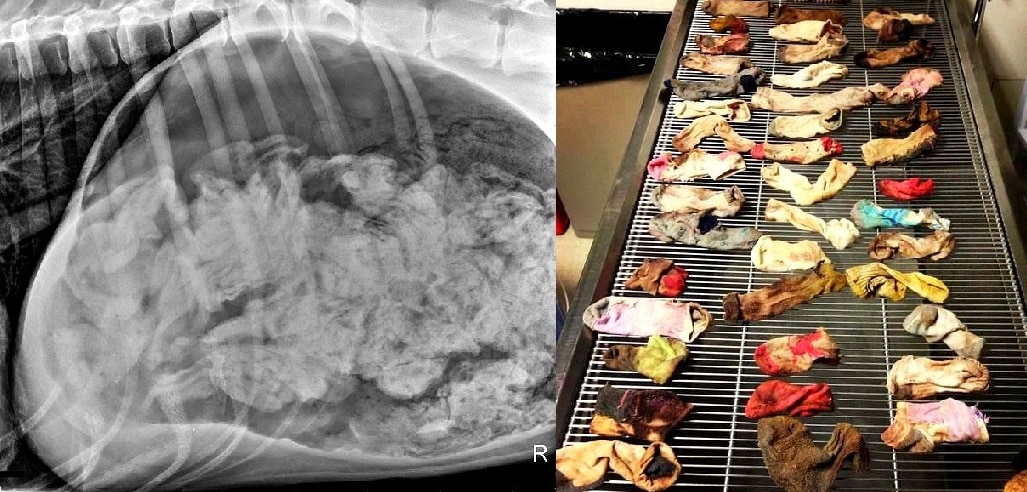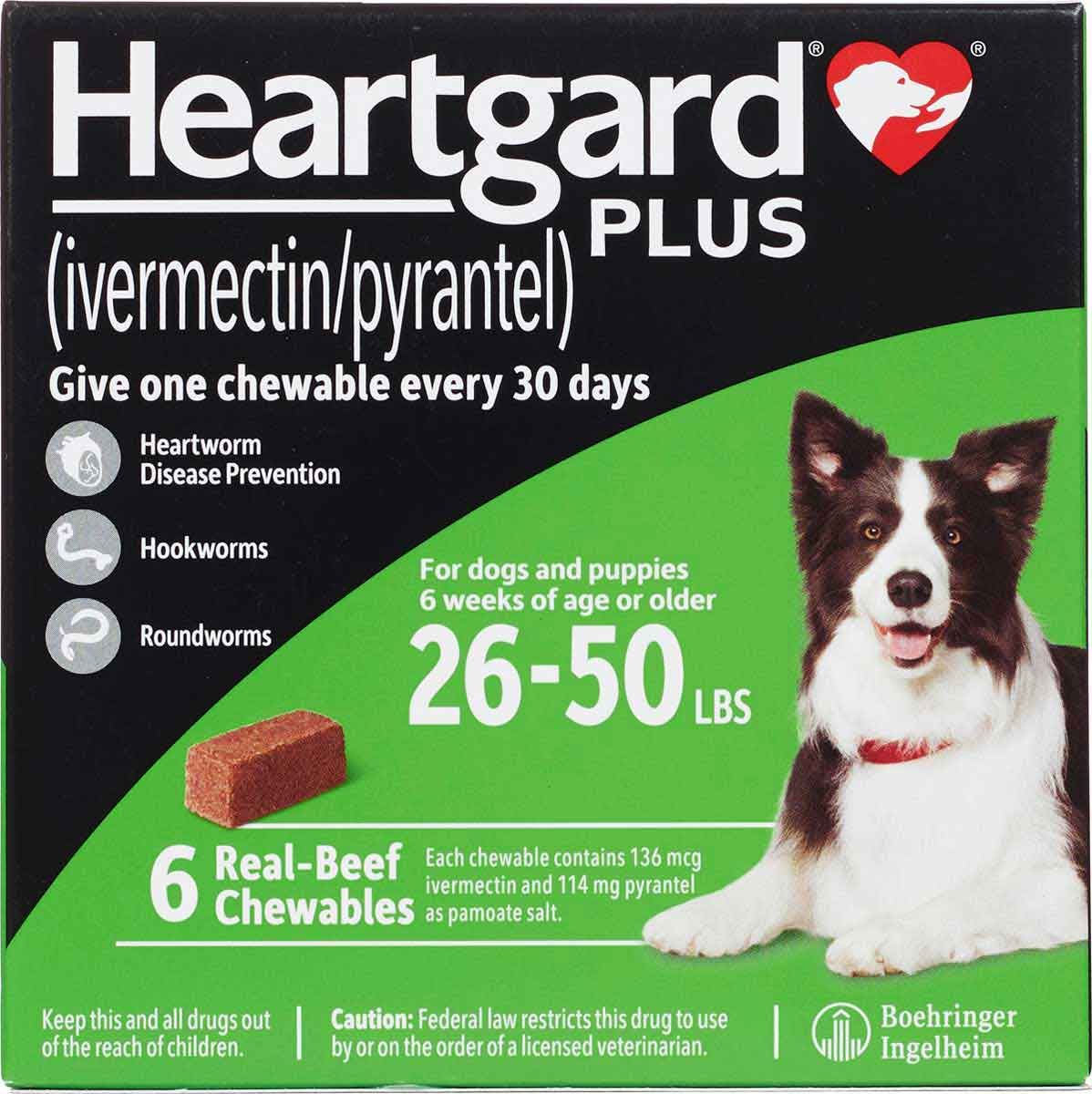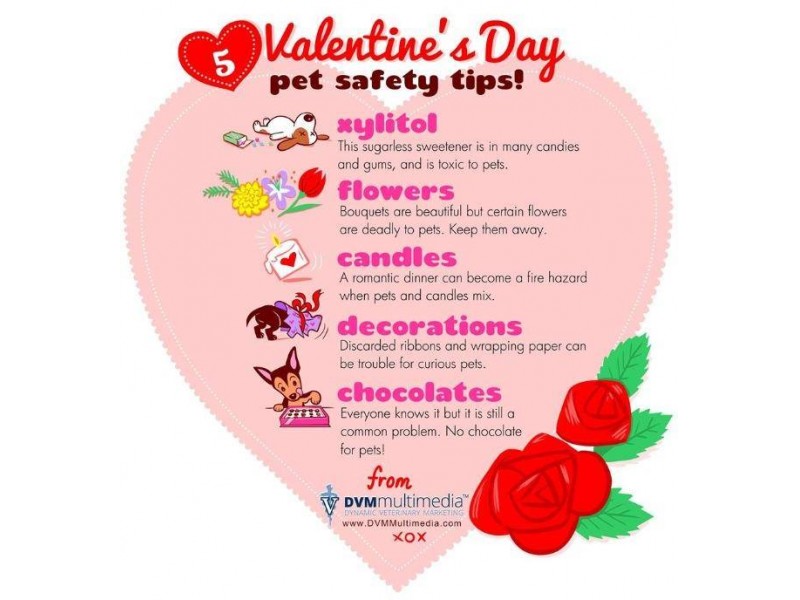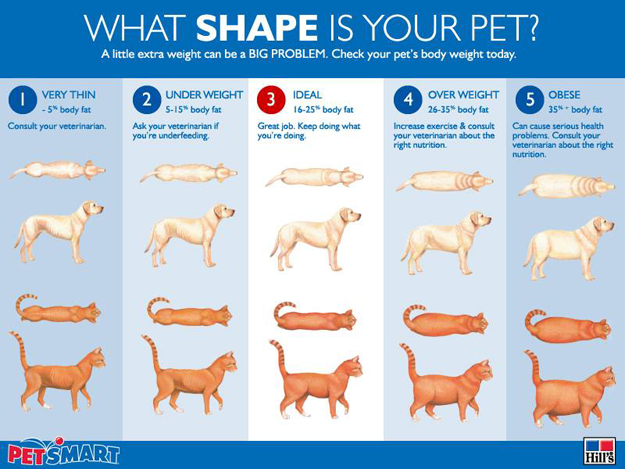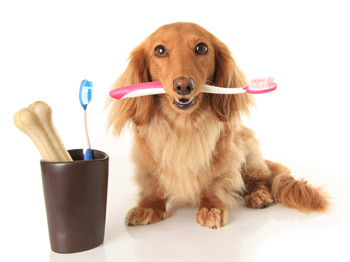The Dangers of Waiting Too Long
 Everyone does it. You
want to try things at home, try to solve the problem by yourself, maybe try to
save a little cash; but sometimes the problem is just too big for home
remedies, and a professional needs to be involved. This is true in every aspect of our lives,
from doing taxes, to fixing the plumbing, to your pets’ health.
Everyone does it. You
want to try things at home, try to solve the problem by yourself, maybe try to
save a little cash; but sometimes the problem is just too big for home
remedies, and a professional needs to be involved. This is true in every aspect of our lives,
from doing taxes, to fixing the plumbing, to your pets’ health.
Recently, I have seen a rash of these particular cases. The potentially easily treatable cases that
have now become medical nightmares.
These are some of the most feared cases to grace the veterinary
appointment book. We know you meant
well, and that you were not trying to do any harm to your pet, but often some
of these problems can get out of hand really quickly.
 The skin case.
Regardless of the cause, skin cases can go from bad to worse over a
small period of time. Maybe you noticed
a couple of spots of hair loss, or some mild itching originally. First you invested in a lot of the over-the-counter
products to see if you could manage the problem yourself. Then those over-the-counter products helped
just a little, just enough to give you the confidence that you had the problem
well in hand, and then in the blink of an eye, a month has past, and your dog
is covered in sores, or is bald. Clients
that may not have experienced this might laugh at this dramatic tale, but it
really is something we, as veterinarians, will often face. Unfortunately, by that point, the client is
frustrated, and wants quick results, and the treatment and recovery time is so
much more extensive. Skin may seem like
such a minor thing, but skin diseases can tailspin very quickly in our busy
lives.
The skin case.
Regardless of the cause, skin cases can go from bad to worse over a
small period of time. Maybe you noticed
a couple of spots of hair loss, or some mild itching originally. First you invested in a lot of the over-the-counter
products to see if you could manage the problem yourself. Then those over-the-counter products helped
just a little, just enough to give you the confidence that you had the problem
well in hand, and then in the blink of an eye, a month has past, and your dog
is covered in sores, or is bald. Clients
that may not have experienced this might laugh at this dramatic tale, but it
really is something we, as veterinarians, will often face. Unfortunately, by that point, the client is
frustrated, and wants quick results, and the treatment and recovery time is so
much more extensive. Skin may seem like
such a minor thing, but skin diseases can tailspin very quickly in our busy
lives. The urinating outside the box cat. At first it doesn’t bother you. Sometimes your cat pees outside the box, you
use the cleaner, and you move on with your life. But time and again, this problem becomes
progressively worse, and you are really starting to resent the air that your
cat is breathing. You finally bring the
cat to the veterinary office, dripping with scorn, with a sarcastic ultimatum
of fix him or else. Of course, we all
love our pets, so we never get to that point, but you know where this is
heading. We promise, cats are never
urinating outside the box out of spite.
Even if the veterinarian does not find a medical cause for this cat
behavior, there are many other reasons for this concern, and we want you and
your cat to live amicably together. Its
important in these cases not to let the frustration build to a terrifying level
before you seek veterinary care for these cats.
The urinating outside the box cat. At first it doesn’t bother you. Sometimes your cat pees outside the box, you
use the cleaner, and you move on with your life. But time and again, this problem becomes
progressively worse, and you are really starting to resent the air that your
cat is breathing. You finally bring the
cat to the veterinary office, dripping with scorn, with a sarcastic ultimatum
of fix him or else. Of course, we all
love our pets, so we never get to that point, but you know where this is
heading. We promise, cats are never
urinating outside the box out of spite.
Even if the veterinarian does not find a medical cause for this cat
behavior, there are many other reasons for this concern, and we want you and
your cat to live amicably together. Its
important in these cases not to let the frustration build to a terrifying level
before you seek veterinary care for these cats.

